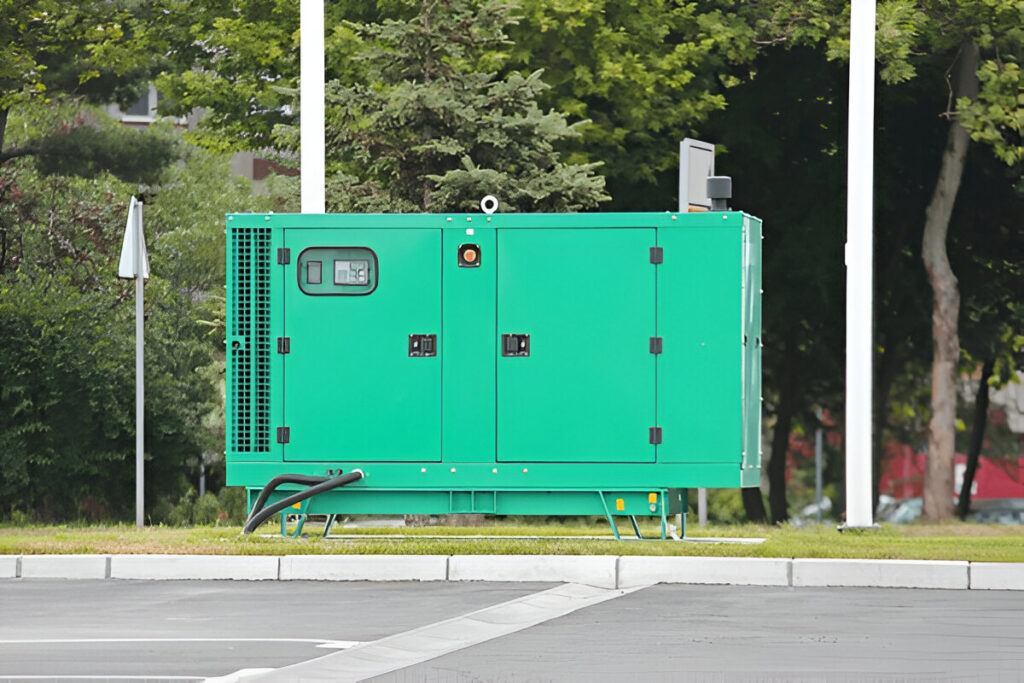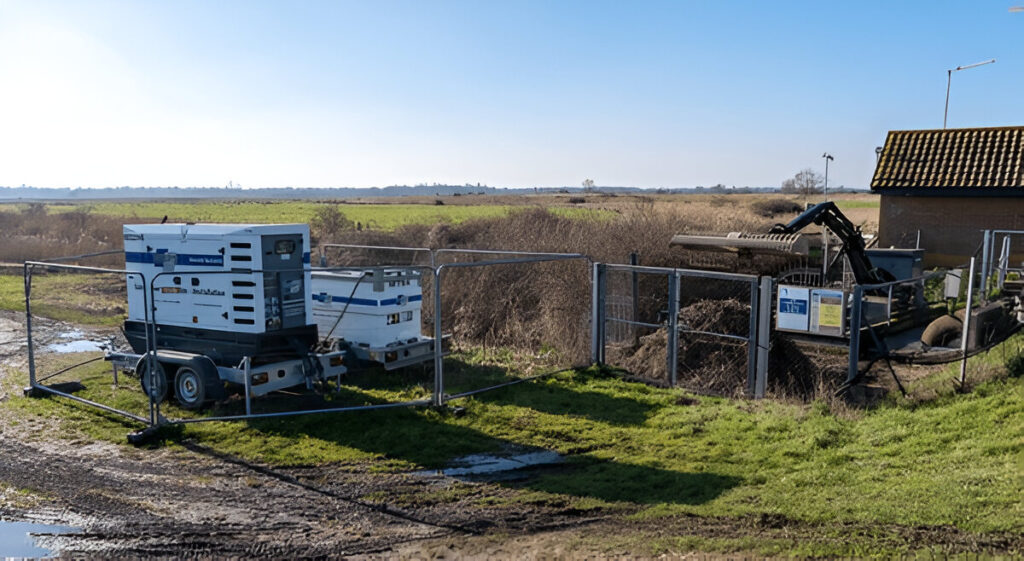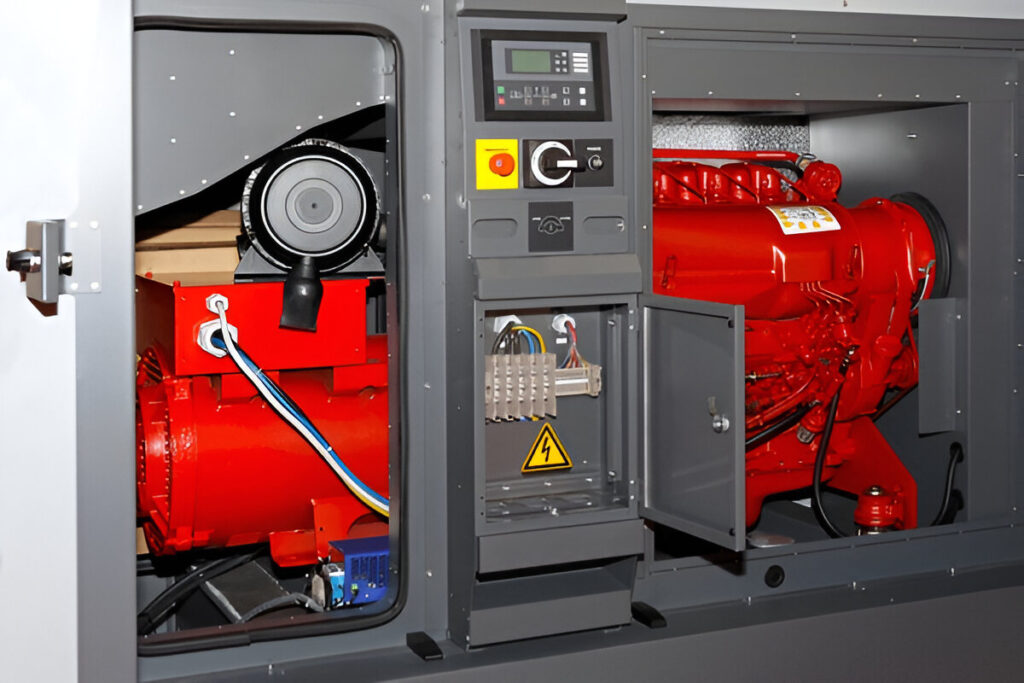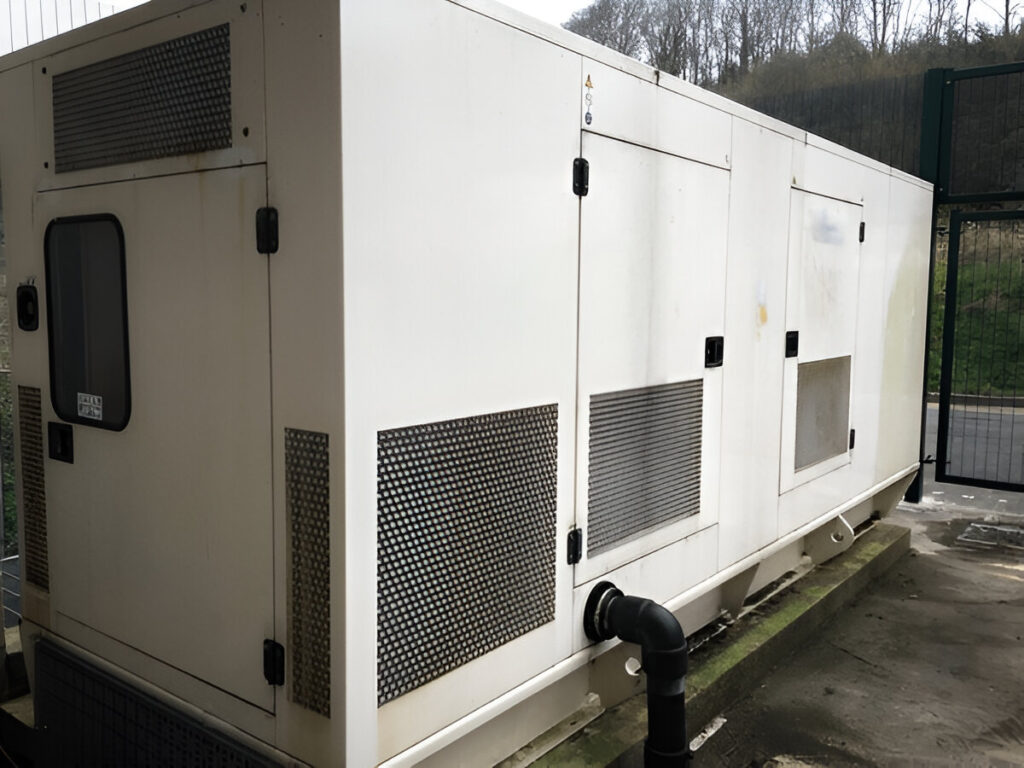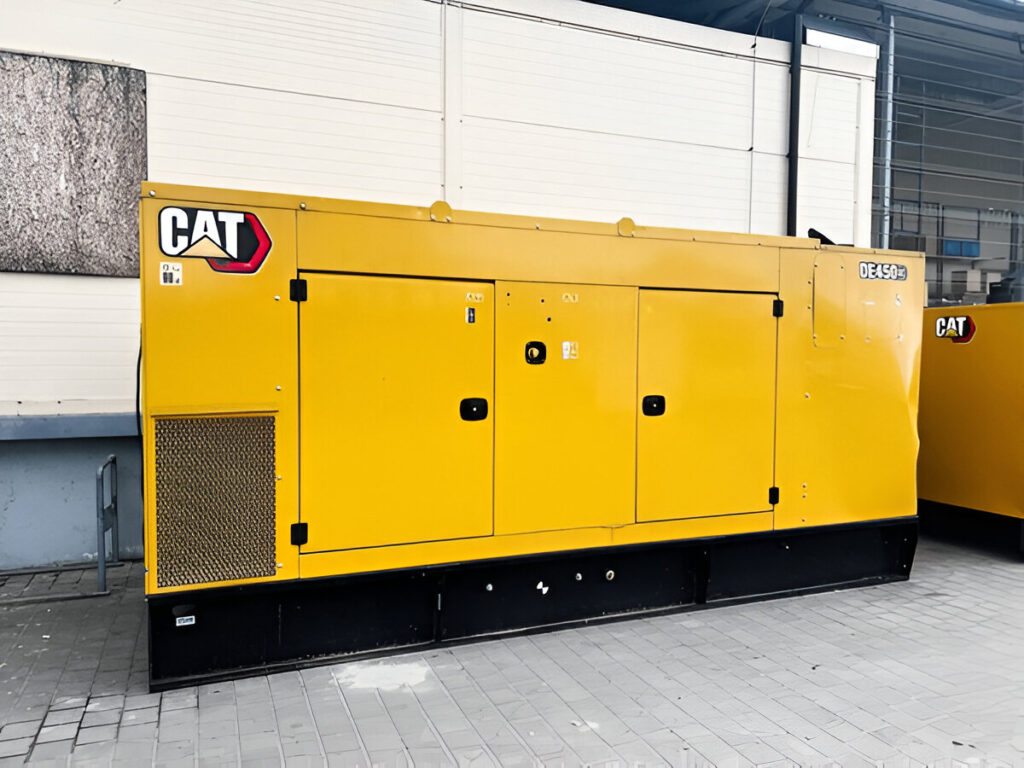Diesel generators are known for their durability and reliability, but like any machine, they aren’t immune to problems. Whether you’re running a backup power supply for your home, a business, or an industrial facility, diesel generator issues can cause costly interruptions if not addressed quickly.
Understanding how to detect and fix common diesel generator problems can save you time, money, and stress. Let’s dive into the most frequent problems and their solutions.
1. Hard Starting or Failure to Start
One of the most frustrating diesel generator issues is when your generator refuses to start—or starts after repeated attempts. This usually points to a problem in the fuel system, battery, or air intake.
How to Fix:
- Check the battery: Make sure it’s fully charged and the connections are clean and tight.
- Inspect fuel lines and filters: Replace clogged filters and make sure there’s no air leak.
- Examine the air filter: A dirty filter can choke the engine, reducing efficiency or stopping it from starting entirely.
Tip: If you’re looking for a new or more reliable option, you can explore a generator for sale that fits your needs.
2. Black Smoke from Exhaust
Thick black smoke is a clear sign of improper fuel combustion, usually caused by a dirty air filter, faulty injectors, or overloading the generator.
How to Fix:
- Replace or clean the air filter.
- Inspect the fuel injectors and have them cleaned or replaced if necessary.
- Reduce the load and ensure you’re not overburdening your unit.
When buying equipment, many users now prefer models from a reputed caterpillar generator company known for low-emission systems.
3. Low Power Output
When your generator runs but doesn’t produce sufficient power, it may struggle to run essential appliances or equipment. This is often due to engine wear, poor fuel quality, or alternator issues.
Solutions:
- Ensure the fuel used is clean and fresh.
- Check the engine compression if your generator is old.
- Get the alternator tested by a technician.
For better power handling, consider investing in a reliable diesel motor generator designed for heavy loads.
4. Oil Leaks and Low Oil Pressure
Oil leaks are among the sneaky diesel generator issues that can escalate if ignored. They not only reduce efficiency but also damage engine components.
How to Fix:
- Regularly inspect seals and gaskets.
- Tighten or replace any loose bolts or damaged parts.
- Monitor oil levels during every use.
Proper maintenance and timely upgrades help avoid these problems. If you’re considering a backup option, check out the used generator for sale section for reliable models.
5. Generator Overheating
Overheating is a serious issue that can damage the engine. It’s usually caused by a low coolant level, blocked radiator, or poor ventilation.
Fixes Include:
- Topping up coolant levels and inspecting hoses for leaks.
- Cleaning or replacing the radiator.
- Ensuring proper airflow around the generator.
Adding a generator enclosure helps keep the system ventilated and protected from dust and weather damage.
6. Unusual Noises or Vibrations
If your generator starts making unfamiliar knocking or rattling sounds, it could be due to worn-out parts, loose components, or internal engine problems.
How to Diagnose:
- Listen for changes in sound patterns.
- Shut down the system immediately if the noise gets louder.
- Have a technician inspect the bearings, pistons, or crankshaft.
Regular servicing keeps the internal parts well-lubricated and tight, reducing the risk of major damage.
7. Battery Failure
The battery is a critical part of the starting system. Weak or dead batteries are a common reason why generators fail to start.
How to Fix:
- Charge or replace the battery.
- Check the charger and make sure the battery is getting a proper charge while the generator is running.
- Clean corroded terminals.
Battery problems are easier to manage when you use generators from brands like Cummins Generator Canada known for consistent charging systems.
Routine Maintenance Tips to Avoid Common Issues
- Run your generator every two weeks for at least 20 minutes under load.
- Change the oil and filters every 100–150 hours of use.
- Inspect hoses, belts, and wiring during every service check.
- Schedule annual servicing by a certified technician.
Keeping a checklist and logging performance details can help identify problems before they become critical.
Final Thoughts
Recognizing and resolving diesel generator issues early is key to extending the life of your investment. A combination of regular maintenance, quality components, and timely upgrades will ensure your generator performs at its best when you need it most.
If you’re facing frequent problems or looking to upgrade, browse reliable options like used generators for sale that have been tested and serviced for optimal performance.

